
Murder
One is forbidden from helping another to end his or her life, even if the person, God forbid, is in enormous pain or is about to die. We are not to usurp the Creator…

The Seven Noahide Commandments, Part 4
3. Do Not Murder
The source of the prohibition against unlawful killing of another person comes from Genesis 9:6. It is obvious to any sane and civilized person that the world can not function if this most basic of boundaries is not established and maintained. If humans must live day to day in fear of losing their lives, nothing can be  accomplished. The most basic tasks become almost impossible. And God forbid a person lives in such circumstances, because once the prohibition against murder has been roundly ignored, there are no boundaries that will be respected, again making even baseline existence difficult. In this light it is easy to see that an elevated existence, a life dedicated to serving the Creator would include honoring His creations in this most basic way.
accomplished. The most basic tasks become almost impossible. And God forbid a person lives in such circumstances, because once the prohibition against murder has been roundly ignored, there are no boundaries that will be respected, again making even baseline existence difficult. In this light it is easy to see that an elevated existence, a life dedicated to serving the Creator would include honoring His creations in this most basic way.
 accomplished. The most basic tasks become almost impossible. And God forbid a person lives in such circumstances, because once the prohibition against murder has been roundly ignored, there are no boundaries that will be respected, again making even baseline existence difficult. In this light it is easy to see that an elevated existence, a life dedicated to serving the Creator would include honoring His creations in this most basic way.
accomplished. The most basic tasks become almost impossible. And God forbid a person lives in such circumstances, because once the prohibition against murder has been roundly ignored, there are no boundaries that will be respected, again making even baseline existence difficult. In this light it is easy to see that an elevated existence, a life dedicated to serving the Creator would include honoring His creations in this most basic way.- The Torah states that a murderer should not live if found guilty of committing such a crime. This does not necessarily mean that the death penalty as it would be applied in this day and age would be appropriate from a Torah perspective. It would depend on many variables, for example who the witnesses were, how the trial was held, etc. But it does illustrate the seriousness of the offense. The life of such an individual is forfeited from a Torah perspective.
- One is forbidden from helping another to end his or her life, even if the person, God forbid, is in enormous pain or is about to die. We are not to usurp the Creator and decide when the last moment of life will be. Euthanasia is not an option from a Torah perspective. Given the increasing popularity of this movement worldwide, it is vital to understand the proper position on this subject. To alleviate suffering is certainly allowed, but to end the life is not. Clearly there are many kind and compassionate people who can not stand to see another, especially a loved-one, suffer and so become open to the pro-euthanasia arguments coming from what feels like a good place. Even if the intention is lofty, it is not allowed.
- If a person murders an unborn child, under certain circumstances, this will be considered murder. Abortion within Judaism is an extremely complicated issue. The perspective of the Orthodox rabbi, Rabbi Freitag, from whom I just took a class on the subject is that there is no justification for abortion on demand in Torah. Under very extreme circumstances, to be determined by a qualified rabbi, it may be allowed. But certainly the common use of abortion as a type of after-the-fact birth control is forbidden. Abortion is seen in a very negative light within Torah.
- Indirectly causing someone to be killed, for example by pushing them in front of a moving train, is murder.
- If someone tries to kill you, you may defend yourself by taking their life. Self-defense is allowed.
- If you use someone else to kill another person, both you and the person who followed through on the act are guilty of murder.
- Suicide is forbidden. This is self-murder.
- If a person says, “I will kill you if you don’t kill person X” you are still not allowed to kill. That is not justification for murder.
- We are obliged to bring murderers to trial.
- Male masturbation, wasting of seed, is seen in the light of Torah as a destruction of the life-giving force, although it is not punishable in court. Apparently there is debate about how and to what degree this applies to a Ben Noach. Furthermore, if a married couple has already had children, is birth control an option and if so, what kind? Because so many variables come into play these are questions one must bring to a qualified rabbi. Regardless, the fact that wasting seed could possibly be seen as the destruction of life, and of one’s own children in particular, masturbation should not be taken lightly. It is not considered a waste of seed to have sex with a woman incapable of having children.
This is a surface treatment of this most important law. Please learn more about this subject.
(Three books that I have found particularly helpful in understanding these laws are The Seven Colors of the Rainbow, by Rabbi Yiremeyahu Bindman; The Path of the Righteous Gentile by Chaim Clorfene and Yakov Rogalsky; and The Seven Laws of Noach by Aaron Lichtenstein.)





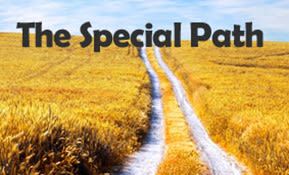
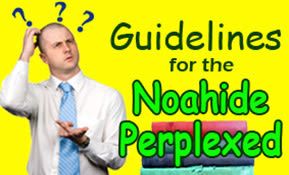

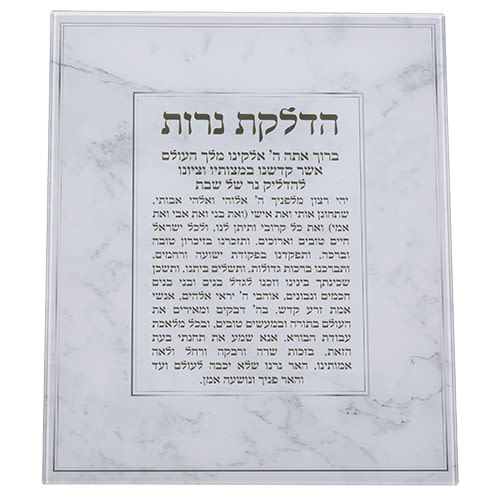
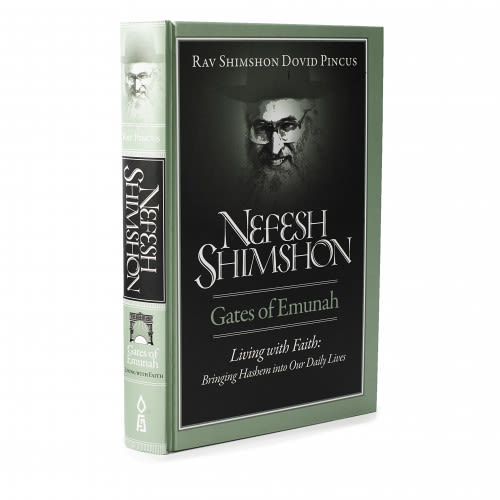
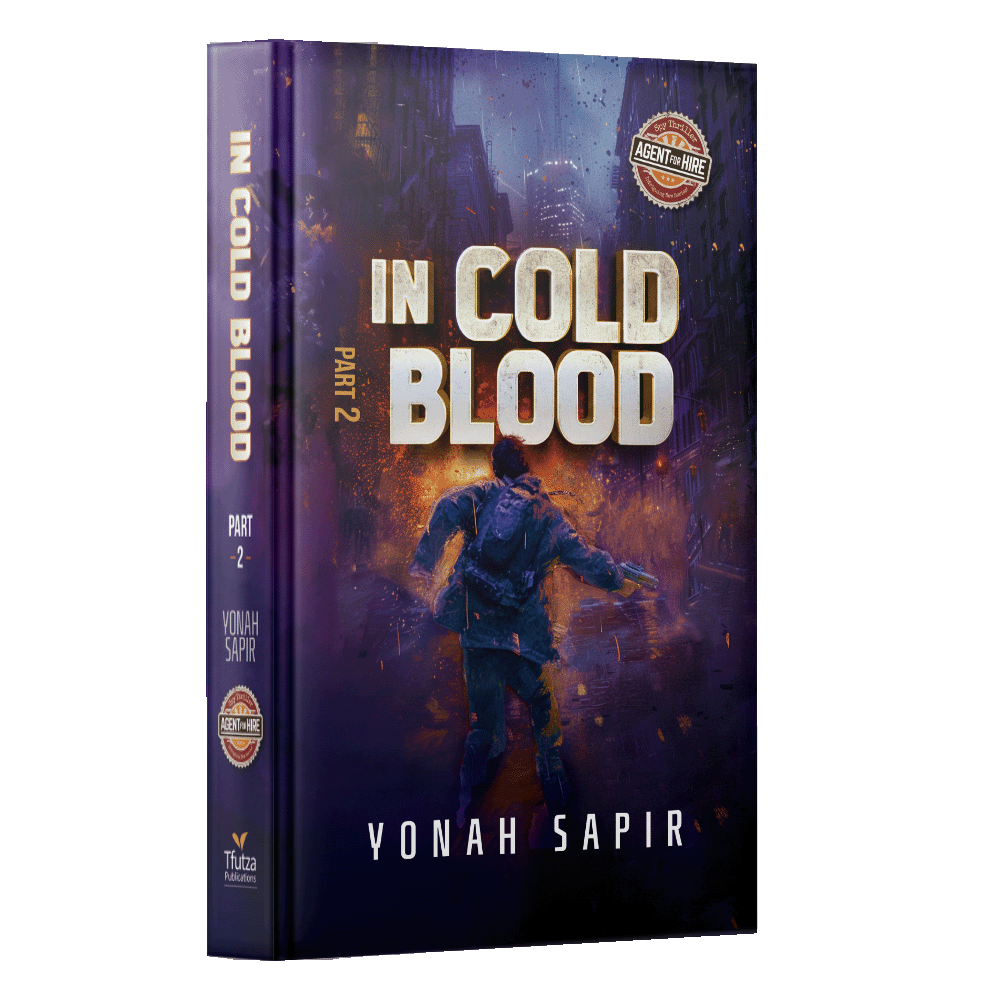
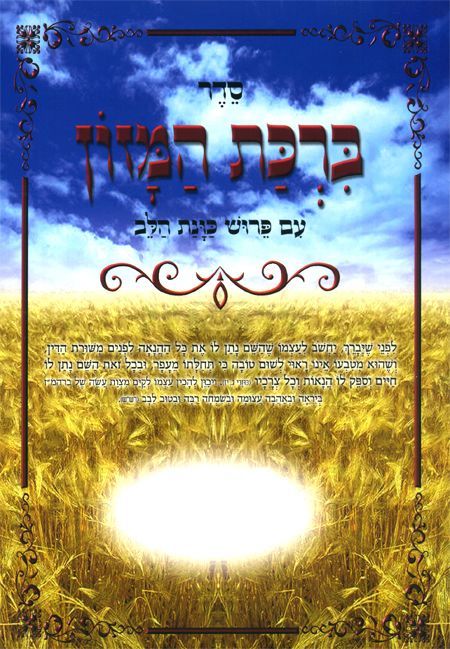

Tell us what you think!
Thank you for your comment!
It will be published after approval by the Editor.